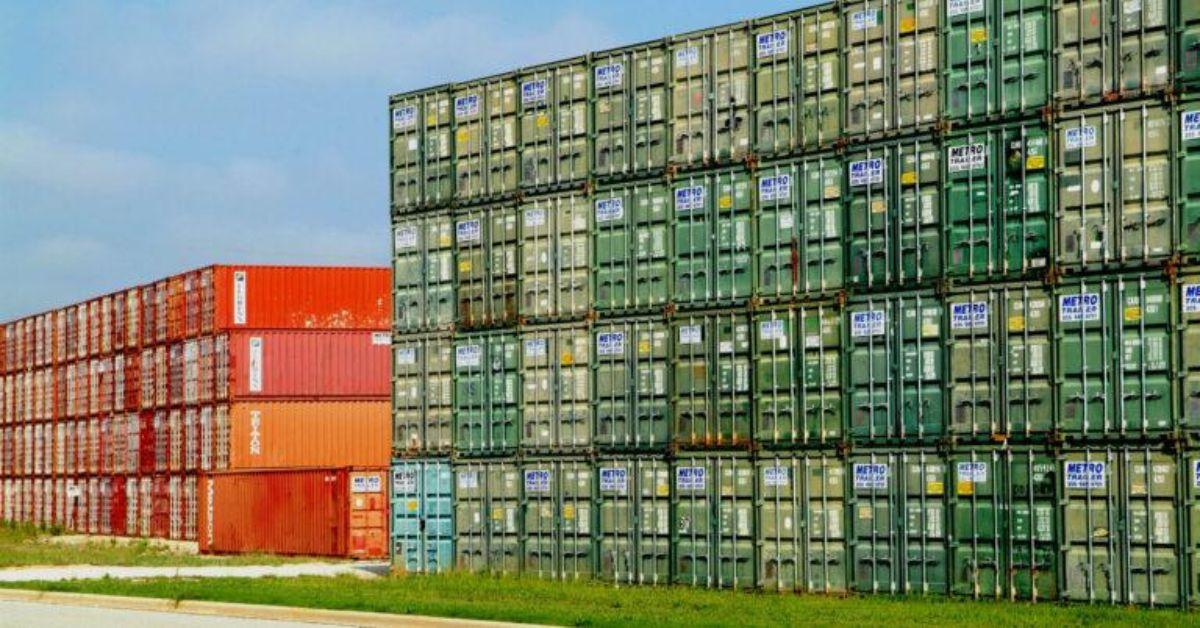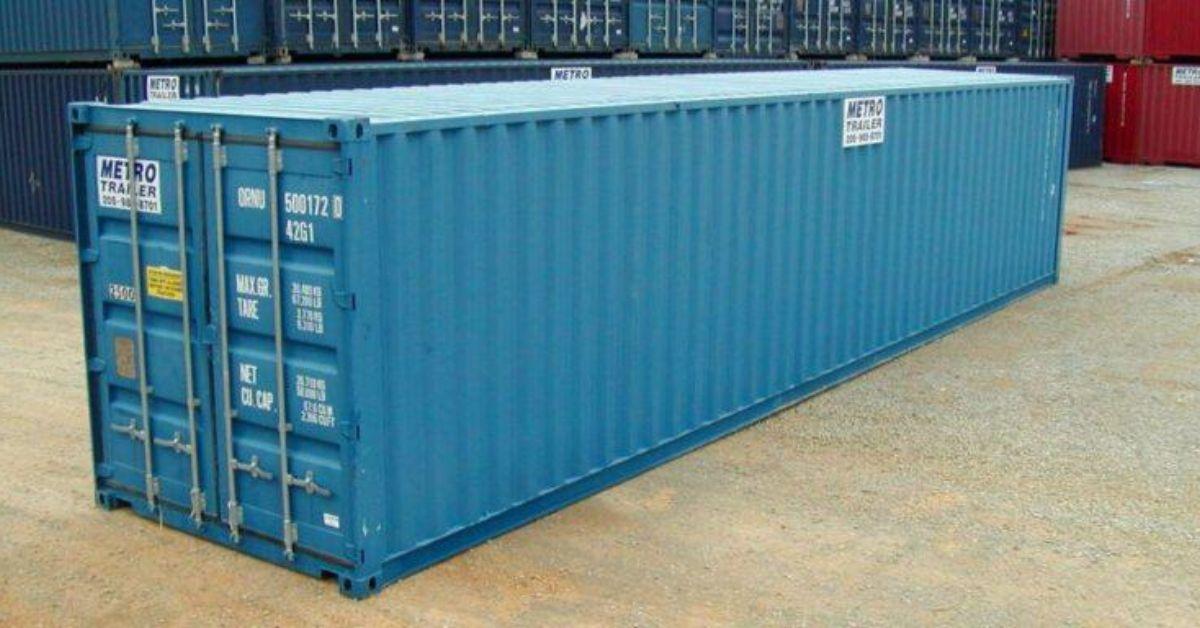
Choosing the Right-Size Trailer for Your Cargo Needs
Picture this: you’ve got equipment to move, furniture to haul, or maybe even a small vehicle to tow, and you’re staring at rows of trailers, thinking, “Which one is going to handle this job without giving me a headache?” Pick one that’s too small, and you’ll find yourself squeezing cargo into every corner or risking damage to your load. Go too big, and you’re stuck dealing with a bulkier, less fuel-efficient trailer than you really need.
To choose wisely, it helps to take a closer look at every detail. How much weight will you carry? What kind of roads or conditions will you face? How often will you use the trailer, and what type of cargo will it hold? These questions might seem simple, but they can make or break your hauling experience.
Choosing the right-size trailer for your cargo needs doesn’t have to feel overwhelming. This guide is here to help you break things down, covering everything you need to know while taking the guesswork out of the process. By the end, you’ll feel equipped to confidently pick out a trailer that suits your needs like it was made just for you.
Understand Your Cargo’s Dimensions and Weight
Before choosing a trailer, carefully assess what you’ll be hauling. Evaluate the items clearly. Are they bulky, lightweight, neatly stackable, or awkwardly shaped? For instance, a pile of boxy furniture may demand more floor space than a stack of lightweight building materials.
Estimate the collective weight as well, since going over your trailer’s weight limit isn’t just unsafe—it can also lead to damaged equipment and fines. Consider how your cargo will fit in the trailer. Try visualizing specific scenarios, like a fully loaded lawnmower or tucked-away moving boxes. This thought process helps you avoid scenarios where you’re either overstuffing a trailer or driving around with wasted space.
Choose the Right Type of Trailer for Your Haul
Trailers aren’t one-size-fits-all, and matching the trailer type to your job can make the moving process go more smoothly. Open trailers come in handy for bulky items like construction equipment or landscaping materials, but they leave cargo exposed to the elements. Enclosed trailers are perfect for safeguarding delicate items like electronics, furniture, or anything affected by bad weather.
Some trailers are equipped with specialized features, like multiple axles for heavy loads or dividers for organizing gear. Think about how your cargo needs to be handled along the way. With the many trailer designs available, it’s worth exploring the best match for both safety and convenience.

Think About Frequency and Long-Term Use
If you’ll only use a trailer once or twice a year, there’s no point in getting an oversized, highly specialized option. A modestly sized one might meet your basic needs without taking up too much space or carrying a hefty price tag. However, frequent hauls demand a sturdier trailer built for heavy-duty use.
Routine trips to the farm or equipment-heavy jobs often call for models that can endure consistent wear and tear. Think about whether you’ll just use your trailer locally or if you’ll need to take it on longer trips. Over time, the added strain of highway travel or rough terrain could wear down a smaller or cheaper model. A durable trailer better suited for regular work will help you avoid premature repairs or replacements.
Balance the Weight Properly for Safety
People often underestimate the importance of weight distribution when choosing a trailer. It’s not only about matching the trailer size to your cargo, but also how that cargo will be loaded and balanced. Too much weight up front can cause your tow vehicle to sag, reducing your steering control.
Loading all the weight in the back creates sway, which can be terrifying (and dangerous) at highway speeds. Aim for even weight distribution across the trailer, keeping about 60 percent of the load in the front half. This helps give you a smoother, safer towing experience, especially if you’re handling heavy or uneven loads.
Compare Your Towing Vehicle’s Capacity to the Trailer
Towing heavy loads is no small task for your vehicle. Before picking a trailer, review your tow vehicle’s towing capacity. This is the maximum weight it’s designed to pull safely, and exceeding it can damage your vehicle or compromise safety.
You’ll also want to factor in hitch weight, trailer brakes, and how your cargo affects the trailer’s gross weight. SUVs and trucks often handle larger trailers, but smaller cars and crossovers are limited in what they can safely tow.

Make Loading and Unloading as Seamless as Possible
A massive trailer may seem like a great deal, but if you’re constantly wrestling with awkward entry points or poorly designed ramps, you’ll waste valuable time and energy. Consider how your items will be loaded on and off the trailer. Ramps are great for moving equipment like mowers, ATVs, or heavy boxes on dollies. Drop gates, on the other hand, are a perfect match for quick, frequent loading jobs.
If you’re moving super-heavy gear, you may need winches or automated lift systems. The goal is to pick a trailer that complements your workflow, saving you time while delivering hassle-free functionality when it matters most.
Plan for Storage Space for the Trailer
Small trailers are easier to park in garages, driveways, or even compact outdoor areas, but they may leave you short on space for larger hauls. Oversized trailers, however, require outdoor accommodations, which you’ll need to plan for ahead of time. Zoning laws in your area may limit how and where trailers can be parked in residential neighborhoods, so it’s worth checking local regulations.
If space at home is tight, a semi trailer rental for storage offers a practical solution—not only for hauling but also as an effective temporary storage option when needed. Matching your trailer to your parking and storage options saves you stress after the purchase or rental.
Final Thoughts…
Finding the perfect trailer size for your cargo is dependent on your hauling needs. It’s a decision that speaks to both practicality and opportunity.
Take a moment to consider how the right trailer can prepare you for your next hauling task. It might simplify your day-to-day routine, protect valuable cargo, or even add a layer of flexibility you didn’t know you needed. A well-thought-out choice equips you to take on challenges while keeping things stress-free. It’s not just about what you haul, but how you make it happen. Selecting the right trailer size means choosing convenience, efficiency, and possibilities for every turn in the road ahead.